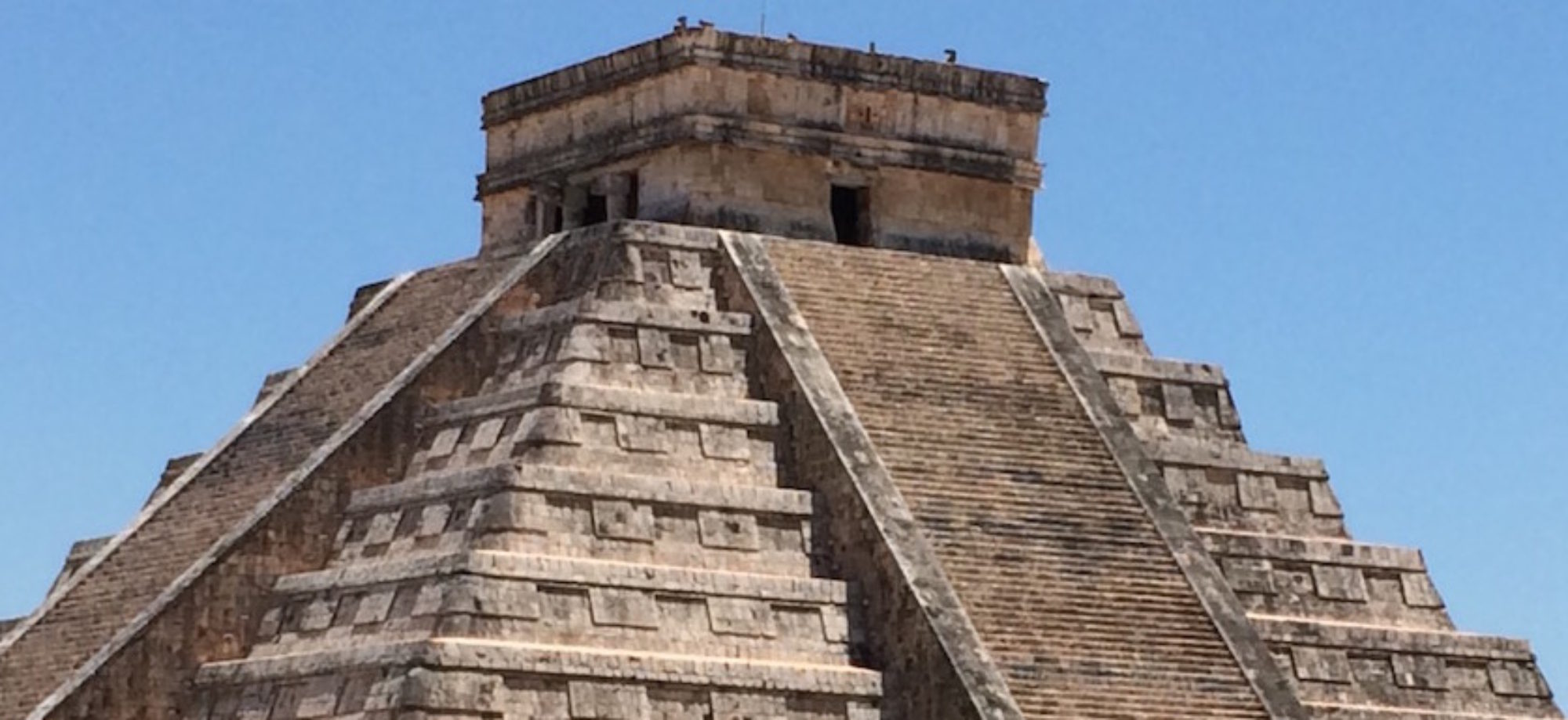November 10, 2018 at Penn Museum: Marcello Canuto, PhD, Tulane University: “Ancient Lowland Maya Complexity as Revealed by Lidar Survey in the Peten: Implications for a New Kaanul Dynasty Altar at La Corona”
Researchers around the globe are reporting new and amazing discoveries uncovered using lidar (Light Imaging, Detecting and Ranging), a technique that uses a pulsed laser beam to penetrate overlying vegetation and create a three-dimensional map of the underlying surface. Marcello A. Canuto, director of the Middle American Research Institute at Tulane University and his colleagues say the discovery in the Petén forest of Guatemala includes more than 60,000 structures, including isolated houses, large palaces, ceremonial centers and pyramids. Dr. Canuto discussed his latest research using lidar in the Maya area. He discussed how this new information impacts our understanding of Classic Maya political organization, especially in relation to a recently discovered altar from the site of La Corona in Guatemala. The altar stone identifies a previously unknown king of La Corona—Chak Took Ich’aak—and indicates that the site had close ties with Dzibanche, capital of the Kaanul kingdom, and with the nearby city of El Perú-Waka’.
Marcello Canuto is a Professor of Anthropology and director of the Middle American Research Institute at Tulane University and co-director of the La Coronal Regional Archaeological Project (PRALC). He received his BA degree from Harvard University in 1991 and his PhD from the University of Pennsylvania in 2002.

